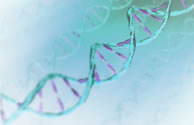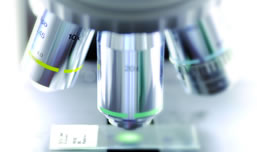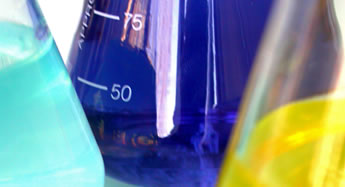Biosimilars explained
What is a biosimilar?
Biosimilars are biological medicinal products that are similar to another biological product that has already been authorised and which do not differ significantly from original the product in terms of quality safety and efficacy. As such, biosimilars are copies of biological medicines that are already approved.
There is no formal definition of "biosimilar” in European legislation and the term biosimilar should not be confused with the terms "biobetter" and "me-too biologic".
A biobetter is a biological product that has been altered structurally or functionally to improve its performance. A me-too biologic is a biological medicine that targets the same pathway but is developed independently of a reference biological and is not compared to it. Neither a biobetter nor a me-too biologic can be authorised using the biosimilar route.
 What is a biological medicinal product?
What is a biological medicinal product?
Biological medicines are medicines that are made by a living organism, such as a bacterium or yeast. They can consist of relatively small molecules such as human insulin or erythropoietin, or complex molecules such as monoclonal antibodies.
How do I apply for approval of a biosimilar in Europe?
There are a number of possible approaches to getting approval for a biosimilar product in Europe, in particular:
- Submit a full dossier of pre-clinical and clinical data as would be required for any new medicinal product; and
- Apply under the abridged procedure.
The first is not generally a favourable option due to the time and expense involved in generating a full dossier of data. The second route is therefore the most favourable.
There is a third route that is theoretically possible, namely to demonstrate that the product already has well established medical use within the European Community. Such an approach has been attempted previously but was not successful and would be unlikely to succeed.
How does the abridged application procedure work?
An applicant for approval of a biosimilar product under the abridged procedure is required to demonstrate that its product is similar to a previously authorised product. The application for approval can reference data submitted for the previously authorised product after the expiry of the data exclusivity period.
Data over and above the standard tests required for small molecule generics will normally be required to demonstrate that a biosimilar is comparable to the reference biologic product. Consequently, the legislation provides for an alternative route to an abridged marketing authorisation specifically for biosimilars.
 All biosimilar applications are made centrally to the EMA (European Medicines Agency). The EMA has published both general guidelines, and guidelines for specific biopharmaceutical products, on the supplementary data required. In general the additional data needed for an application for a particular biosimilar will depend on the applicable guidelines; the overall approach is one of comparability. However, the EMA adopts a case by case approach to each application. As a general rule, the biosimilar route requires more extensive testing and, most likely, clinical trials (which are not needed for small molecule generic drugs).
All biosimilar applications are made centrally to the EMA (European Medicines Agency). The EMA has published both general guidelines, and guidelines for specific biopharmaceutical products, on the supplementary data required. In general the additional data needed for an application for a particular biosimilar will depend on the applicable guidelines; the overall approach is one of comparability. However, the EMA adopts a case by case approach to each application. As a general rule, the biosimilar route requires more extensive testing and, most likely, clinical trials (which are not needed for small molecule generic drugs).
Why is additional data required?
The use of the term "similar" reflects the scientific reality that biological products cannot be copied precisely. Biological products are much larger and more complex than chemical pharmaceutical compounds and are produced in sensitive biological systems that can be affected by small changes in process conditions. Controlling the production of biological products, in particular any post-translational modifications, is therefore challenging. So, while it is possible to control the production of generic chemical pharmaceutical compounds precisely and to authorise them using an abridged procedure on the basis of bioequivalence data, this is not possible with biological products.
Currently, twelve marketing authorisations are granted for biosimilars, two of which have since been withdrawn. These authorisations relate only to three reference biological products - somatotropin, erthropoietin and G-CSF (filgrastim). Other applications are being considered by the EMA and further authorisations will no doubt follow in the coming years, particularly for monoclonal antibodies.
If you have any questions on this article or would like to propose a subject to be addressed by Synapse please contact us.


"Biological medicines are medicines that are made by a living organism, such as a bacterium or yeast. They can consist of relatively small molecules such as human insulin or erythropoietin, or complex molecules such as monoclonal antibodies."

